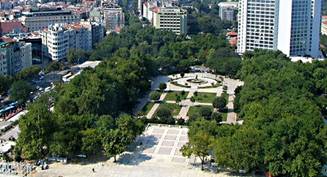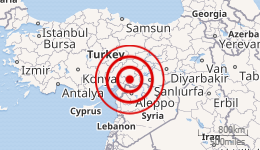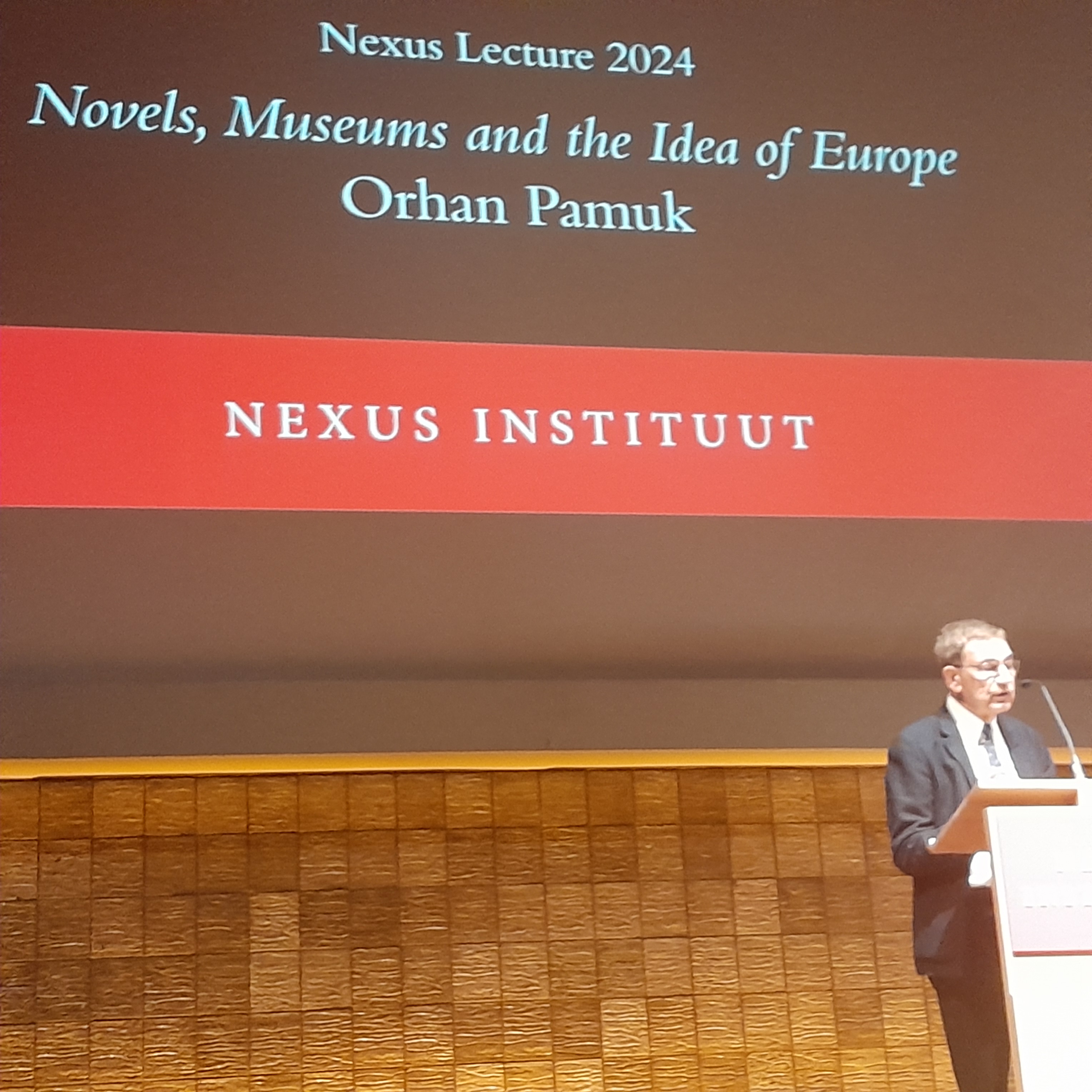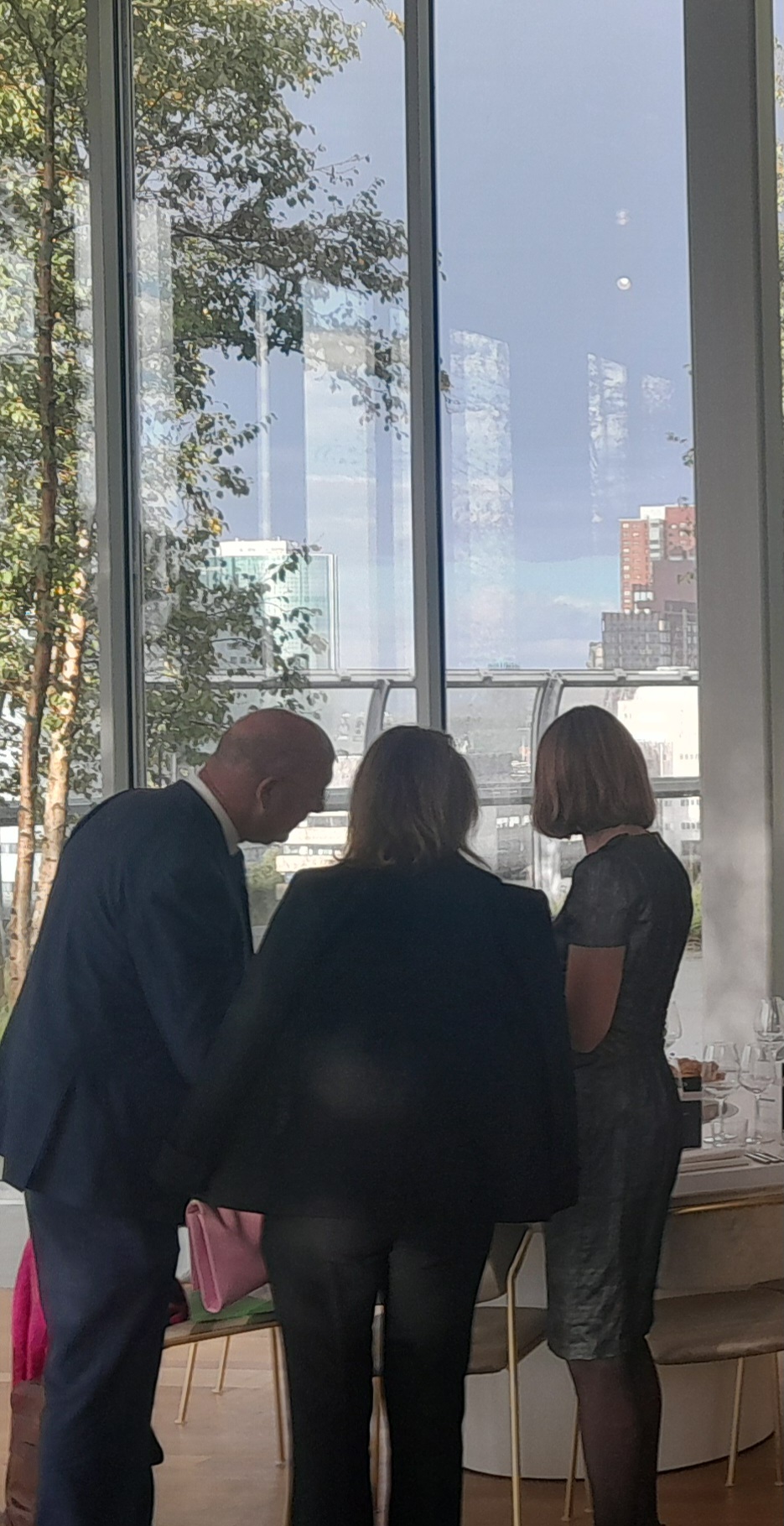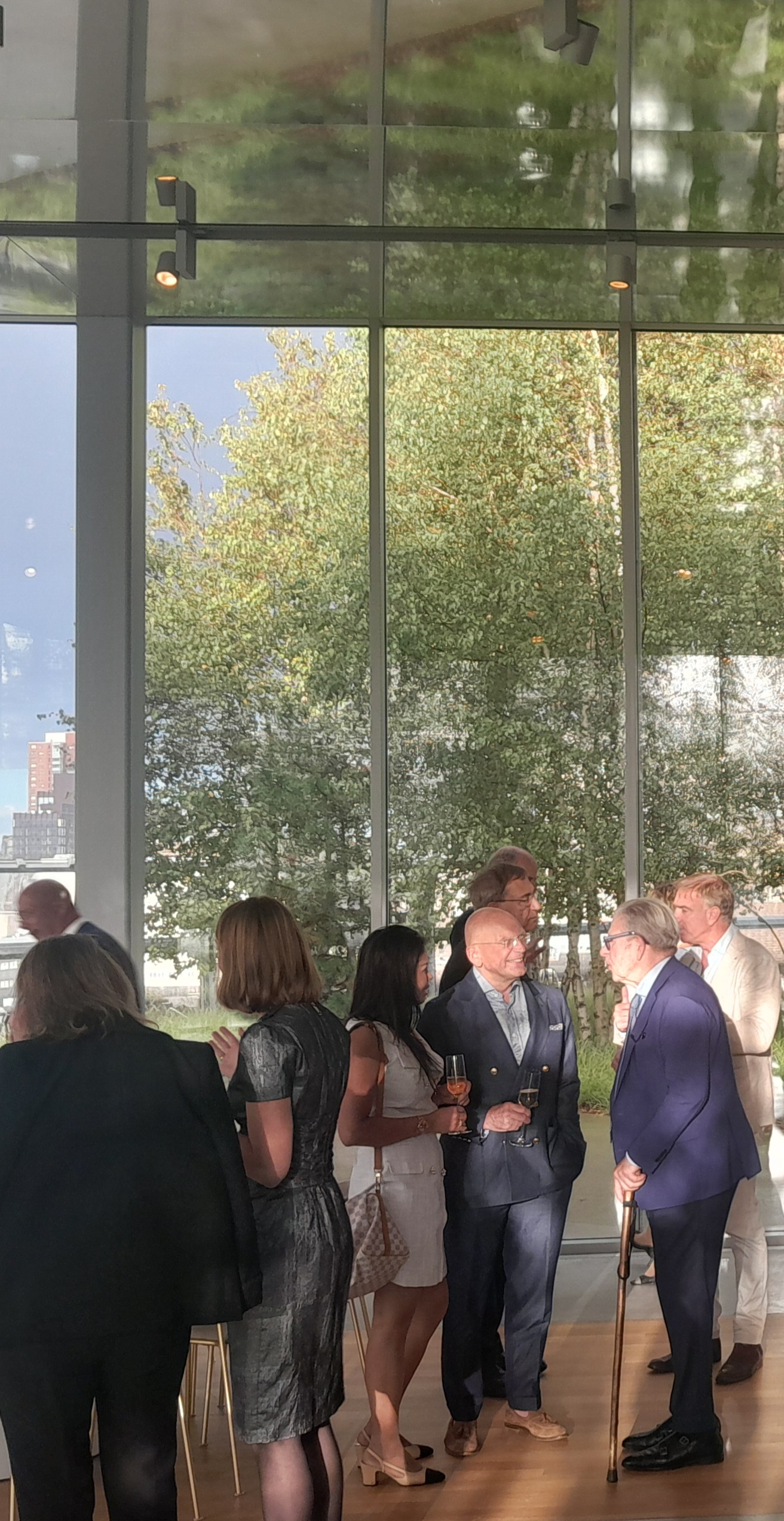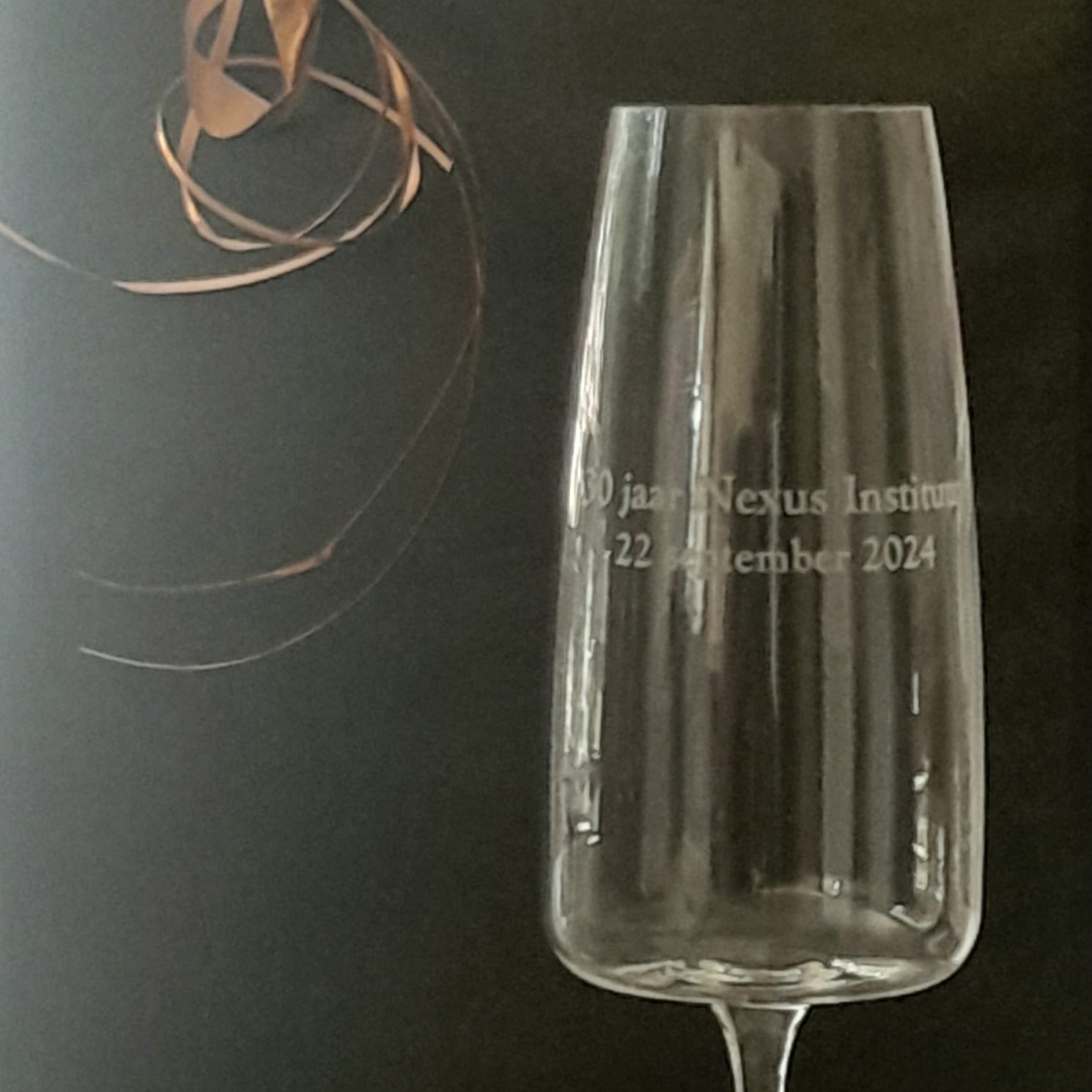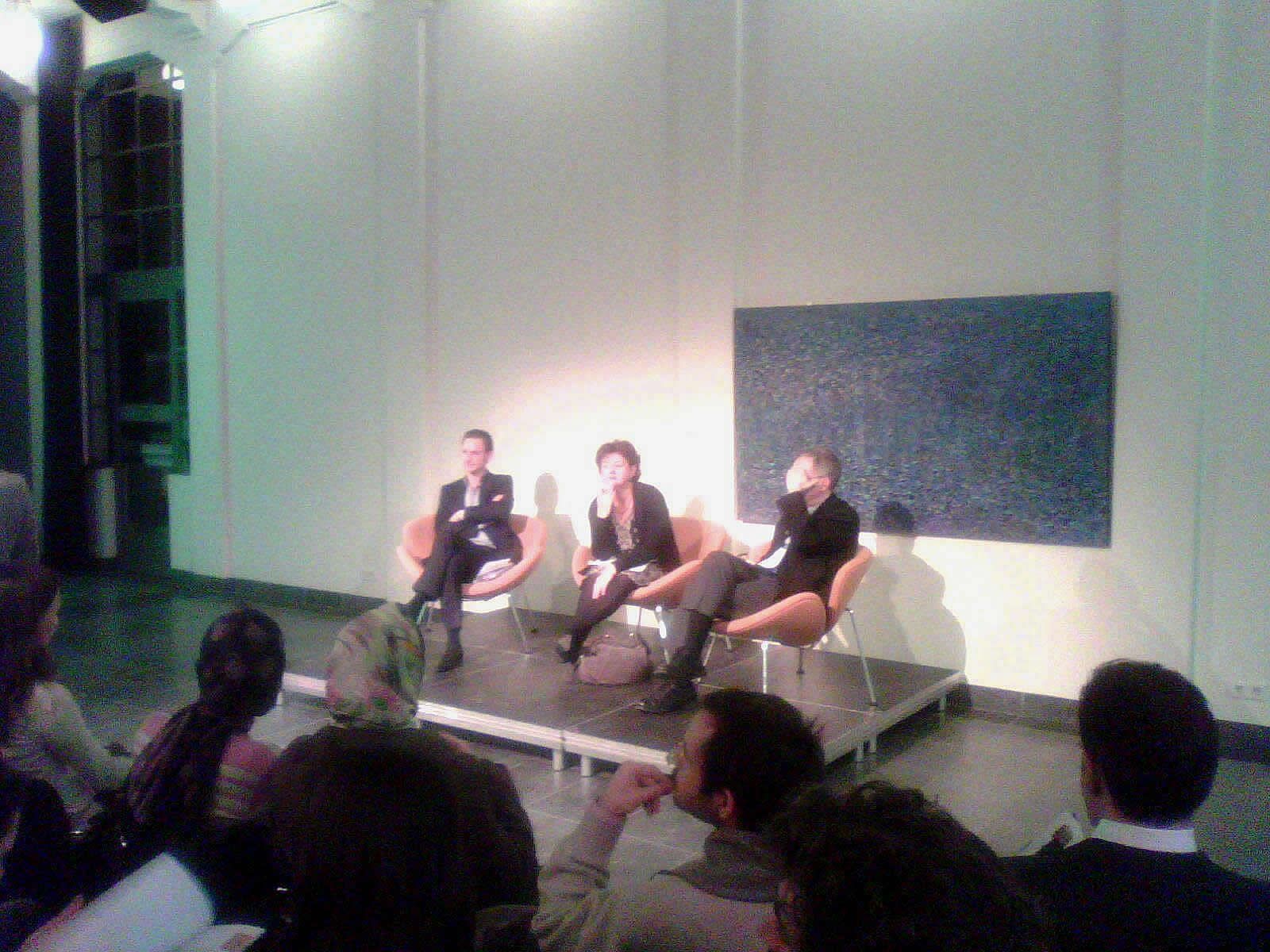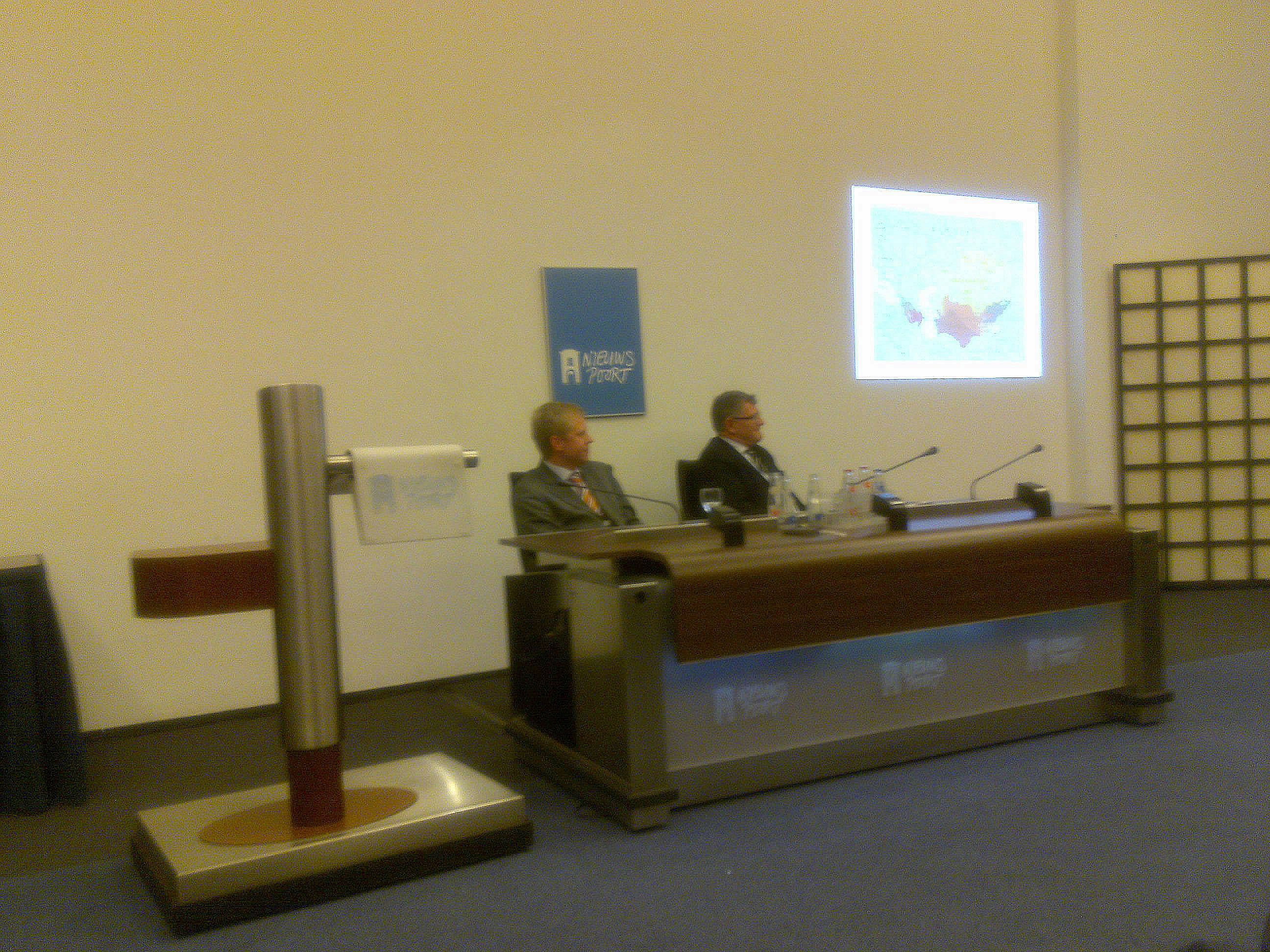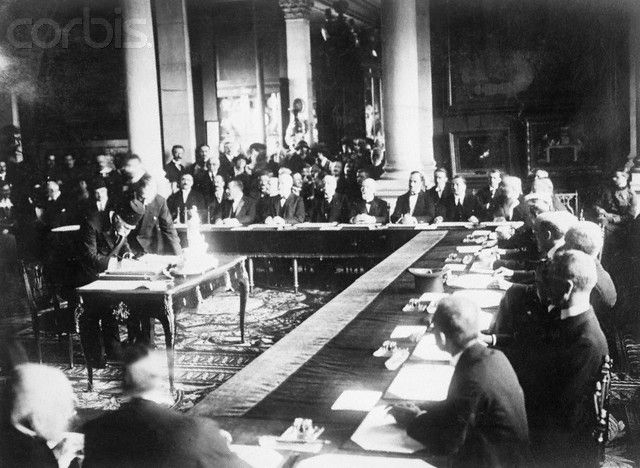Also from Zeki Ergas is 'The Protest Movement in Türkiye: the heart of the matter', June 2013 in which three distinct stages are observed in the disturbances that shook Turkey to the core:
1. A small band of ecologists opposed to the cutting of a few dozen trees at the small Gezi Park, adjacent to the iconic Taksim Square, in Istanbul, gathered peacefully in the Gezi Park.
2. Two days later, the police intervened brutally and the demonstrations overflowed to Taksim Square. Their nature began to change, the protesters now demanding the abandonment of the project which would transform Taksim Square and Gezi Park into a pedestrian mall at the center of which would be a shopping center disguised as a faux Ottoman artillery barracks which existed there in the old days, and which would be rebuilt.
3. The continuation of the police brutality turned the demonstrations into a national protest movement in which tens of thousands, perhaps even more than a hundred thousand people, took part in them, in dozens of Turkish cities, including the capital Ankara, and Izmir the third largest city. Protesters now denounced the authoritarian, corrupt and utterly capitalistic rule of the AKP (Justice and Development Party), and of its leader, Recep Tayyip Erdogan.
So, let us now try to go deeper into the causes of this national protest movement. What do the protesters really want? To what extent, can it be compared to the Occupy movement in the U. S. and to the various Indignant Ones movements in Europe and other parts of the world? One thing is almost certain: the extreme brutality of the police is the proximate cause of the morphing of the initial peaceful demonstrations into a violent national protest movement which brought to the fore the accumulated grievances of the secular, liberal, and mostly young and educated people against the conservative and Islamic AKP and, especially, Erdogan, its leader. To use a shopworn but perhaps apt metaphor: the cover of the casserole blew off, and the steam and the boiling water escaped and overflowed. Was the cook badly burned? It doesn't seem so. But maybe he was scared and shaken out of his complacency...
What are these accumulated grievances?
Before I try to describe them, it is necessary, I believe, to mention, if only for fairness sake, some of the positives associated with the AKP government and Erdogan. The party and its leader have now been in power for more than ten years. They were democratically elected three times, the last time, in 2010, with 49.9 per cent of the vote. Even their fiercest critics acknowledge that the Turkish state internationally, and the Turkish society, were deeply transformed for the better during that time. The GDP and the per cap income have been multiplied by three, and exports have increased tenfold. Turkey has emerged as a regional power with a great deal of influence in the Islamic Central Asian republics and in the Middle East (despite the current problems with Syria). Istanbul has become a clean and modern megalopolis into which millions of visitors flock every year, and in which many international conferences take place. The city is a leading candidate for the Summer Olympic Games of 2020. And Turkey has become a major tourist destination: more than 30 million foreign tourists came last year, attracted by the friendliness and hospitality of the Turkish people, its archeological treasures, and its beautiful beaches along the Mediterranean Sea.
|
|
|
And now the negatives. The accumulated grievances. What went wrong in Turkey under the AKP and Erdogan's rule? What is wrong in Turkey? Several issues can be mentioned, of which the Taksim and Gezi Park demonstrations, which degenerated, acted as a revealing agent. I can think of the following ones, not necessarily in the order that I am presenting them:
1. The problematic personality of the Prime Minister: powerful and charismatic, but also pretentious and arrogant.
2. The division of the Turkish people into two large groups that dislike one another: the Secularists and the Islamists. The responsibility for this division goes back a long time to Mustafa Kemal Atatürk, the founder of the Turkish Republic, who admired the West. Islam seemed to him as an obstacle to modernization. As a result, he failed to integrate constructively these two essential components of Turkish society: development and religion. The AKP and Erdogan are trying to do that. But the Secularists are unhappy with what they see as the growing Islamization of their country. The issue has not been resolved. Only the future will tell if a constructive equilibrium or balance can be found.
3. Growing inequality: the gap between the rich and the poor, which always existed in Turkey, is widening rapidly. Corruption is widespread. But that, of course, is not a specifically Turkish problem. It is part of the modus operandi of the neo-liberal and globalized capitalist system that the AKP and Erdogan have embraced so wholeheartedly. That system will have to be socialized.
4. The sorry state of the human rights situation. At the top of the list, the lack of freedom of expression. Turkey, possibly after China, is the country in the world that has the largest number of journalists, editors and intellectuals in prison. Most of those prosecuted are accused of illegal links or collaboration with a terrorist organization, that is, with the Kurdish PKK. Thousands of Kurdish militants have been incarcerated. Paradoxically, Erdogan's government has been, for about two years, negotiating with Abdullah Ocalan, the historic Kurdish leader, and, after the latter's decision to end armed struggle, the prospects of a negotiated solution appear to be good. Minority rights is a related important issue. The cultural and linguistic rights of the Kurdish and Alevi minorities - which, together, form some 30 per cent of the total Turkish population of close to 80 million - are very much on the agenda. Unacceptably, Erdogan's control of the media, through direct or indirect ownership, has resulted in self-censorship because those who openly disagree with government policies may lose their jobs.
To go now briefly back to my second point about the division of the Turkish people into two large groups composed of Secularists and the Islamists, the Kemalist ideology based on Nationalism, Republicanism, Secularism, Statism and Westernization relied on two all-powerful institutions: the Army and the State Bureaucracy. Both have been attacked and weakened considerably by the Islamists in power.
The Army is back in the barracks, and the State Bureaucracy is much smaller after the adoption of an extreme neo-liberal market ideology, and the privatization of most state industries. This weakening of the Army and of the State Bureaucracy, despite its excesses, has had some positive consequences, having helped the democratization and the economic development of the country. |
|
|
And now I conclude with some philosophical remarks.
a. It is often forgotten that democracy and liberalism do not always go together. As Isaiah Berlin, the great British philosopher who died some fifteen years ago, remarked, that is so because it is not possible to have a maximum of all the good and desirable things in society simultaneously. For example, take liberty, equality and justice. Too much liberty will hurt equality, too much equality will harm liberty, and too much justice will result in injustice. Berlin's solution was: seeking an optimal combination of the three. We must also be aware that that optimal combination will be different in each individual country depending primarily on historical and cultural factors. For example, in the United States, owing to it being a country of immigrants, liberty and individualism will be more important; in China, on the other hand, a very large and very populous country with a very long history, equality and harmony will be more important.
b. The Turkish political tradition has always been authoritarian, never liberal. Practically all its leaders - from the Ottoman sultans to Mustafa Kemal Atatürk, from Ismet Inönü to Turgut Ozal and to Adnan Menderes (Bülent Ecevit and Süleyman Demirel may have been the two partial exceptions) - were basically authoritarian. So, whether we like it or not, authoritarianism is part of the Turkish culture and identity. I am doubtful that that essential characteristic can be changed radically. So, what to do? I think, going back to Isaiah Berlin, we must aim, helped by the democratic institutions, and especially a powerful civil society, at an optimal combination of a degree of inevitable authoritarianism with a significant level of liberalism.
c. My last remark, which I am aware will displease many secular and liberal observers, has to do with an idea or consideration which I believe is of paramount importance. It is the following: the three dominant Islamic Turkish leaders - Recep Tayyip Erdogan, the Prime Minister, Abdullah Gül, the President, and Fethullah Gülen, the powerful Islamic philosopher (whose movement has been compared in power and importance to the Catholic Opus Dei) now living in exile in Virginia, in the United States - have, all three, the same ultimate aim or goal: to show the world that Islam and Modernization are compatible, and that an Islamic country can - again - become a world power at least comparable to four of the five BRICS: Brazil, Russia, India and China (the fifth, South Africa not being the same league). This aim or goal is a great challenge. Turkey is obviously the best candidate in the whole Islamic world to meet it.
A final note: Gülen, according to some rumor mills, preferring a softer and more liberal approach, appears to favor Gül as the next Turkish leader, a powerful president that will be elected in 2015. However, whether Erdogan loses or wins, it is likely that the ultimate aim or goal of this triumvirate of Turkish leaders will remain the same: the creation of a powerful new Islamic nation-state capable of rivaling with the world's best...
About the author:
Dr. Zeki Ergas, who comes from a Turkish-Jewish family and lives in Switzerland, is a writer, scholar and peace activist. He is also Secretary General of PEN Internationals Swiss Romand Center, and a leading member of that organisations Writers for Peace Committee. He has been supporting the Global Marshall Plan Initiative since its beginnings.
The author can be reached at zeki.ergas@netplus.ch |
|
